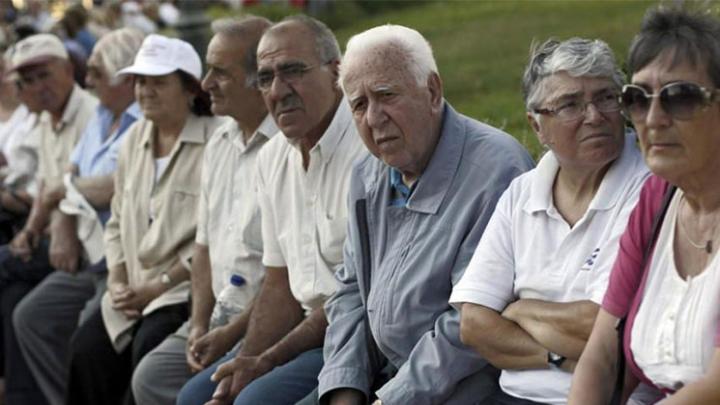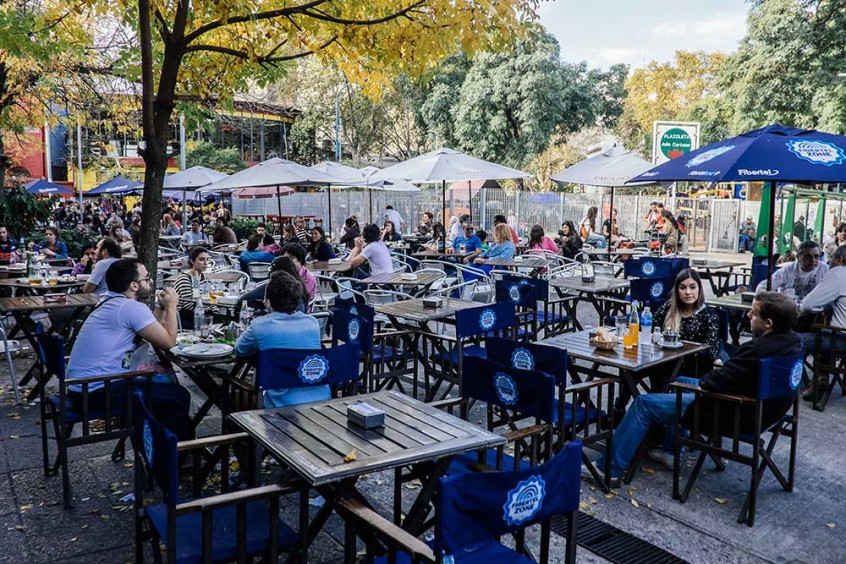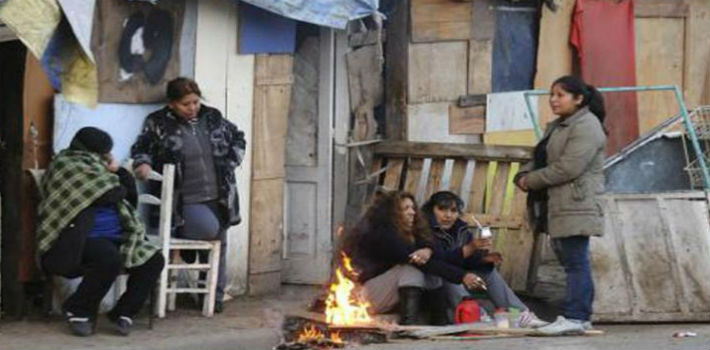RIO DE JANEIRO, BRAZIL – One month after taking office, President Alberto Fernández and several ministers in his cabinet have drawn an initial summary of their governmental activities.
Through social media, several cabinet members stressed the disastrous situation in which they had taken over their respective portfolios from the previous government and outlined the main measures they had taken.

The first month of Fernández’s government was marked by various short to medium-term measures under the “Law on Social Solidarity and Productive Reactivation”, adopted in mid-December.
Under the premise of an economic and social emergency, this law grants the executive branch special rights until December 31st, 2020, that would otherwise be the exclusive competence of parliament.
The aim is to fight poverty, revive the economy and, above all, curb inflation, which remains high. Prices have increased by over two percent in each of the past 23 months. For 2019, annual inflation will again exceed 50 percent.
In order to control the still galloping prices, the government has introduced several measures. For instance, price control on basic commodities was reintroduced under the “Precios cuidados” (“Controlled prices”) program, after having been abolished under President Mauricio Macri.
Tariffs for electricity, gas, and water were frozen for 180 days and those for public transportation for at least four months. Monetary stability is to be achieved by means of exchange controls.

Since December, private individuals have only been able to purchase foreign currency up to a maximum of US$200 (R$800) per month and pay a 30 percent tax on this amount. To this end, the increase in export taxes on agricultural products is intended to improve the supply on the national market and price controls on medicines are intended to reduce health expenditure.
In early January, President Fernández signed a decree that effectively establishes a wage increase for workers in the private sector. All workers will receive an additional payment of 3,000 pesos (US$50) for January, and 4,000 pesos (US$55) from February onwards.
This sum represents financial compensation for the inflation-related losses of the dependent population and will be paid out until the pending collective bargaining negotiations reach a conclusion.
Concurrently, it marks the minimum level below which the pending negotiations must not fall. Labor Minister Claudio Moroni emphasised that the additional payment for the lowest income groups represents a wage increase of seven to ten percent. Around 20 billion pesos (US$330 million) would thus be additionally available to encourage consumption.

However, agricultural workers and domestic workers are excluded from the decree. Separate negotiations are to be held for this group in the near future.
Public sector employees are also excluded. A few days later, separate measures were passed for them, which, similar to those for private employees, provide for additional payments of 3,000 pesos in January and 4,000 pesos in February.
However, unlike for private employees, these are limited to income groups up to a maximum monthly income of 60,000 pesos (US$1,000), which partly led to criticism from trade unions. Additional payments for recipients of minimum pensions and social assistance had already been decided in late December.

